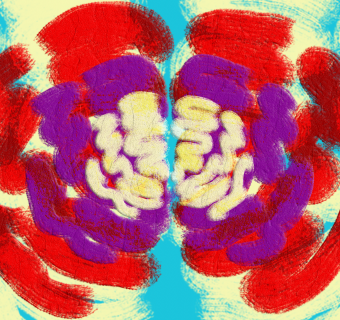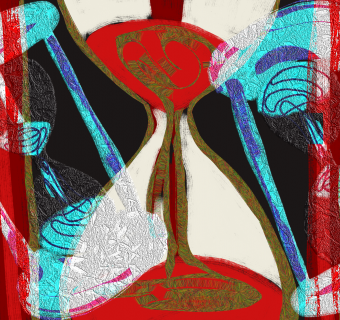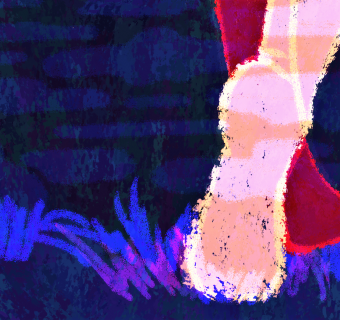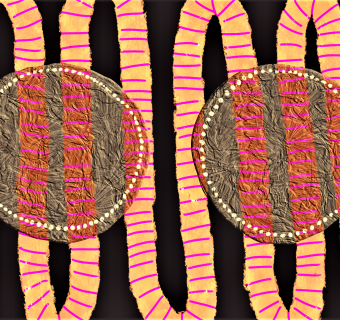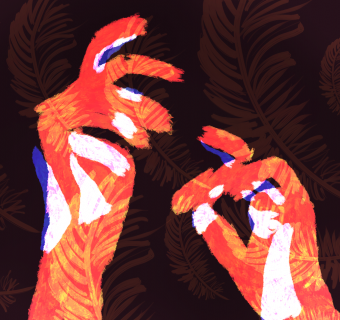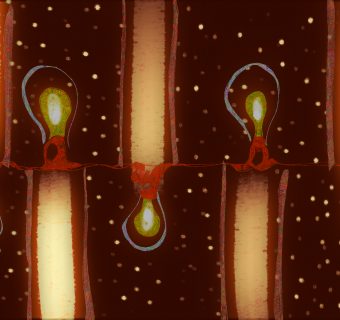At Iris we are concerned with the empowerment and aid of women here at the University of Virginia. Many of the women here (myself included) are young, in their twenties, and all of us could use some life advice. For this reason, I went to the fascinating “More than the Score” talk on October 13th, given by the accomplished Dr. Meg Jay, an inspirational female psychology professor here at U.Va. The basis of her talk was an appeal to the twentysomethings in the crowd, and in the United States, to acknowledge and take advantage of the fact that our twenties are our “defining decade” (also the title of her book, find it on Amazon or in the U.Va bookstore). She began by highlighting how many important decisions we have to make, and pointed out that 80% of life’s biggest decisions (generally in terms of career, love, and family) are made by the time the average American is 35. Dr. Jay contrasted this with the mentality many of us have about our twenties. We’re young, wild, and free :-D . Our “hard” decision making is coming much later; right now we just want to enjoy experiencing life. Dr. Jay strongly encouraged the audience to leave this disconnected and overly optimistic mentality behind— to not “waste” this crucial stage in our intellectual, emotional, and physical development. Her talk was not focused specifically on women, but the issues she dealt with are incredibly applicable to being a young woman. Her most moving example, taken from her career as a psychoanalyst, concerned “Kate”. Kate is wasting her life away, living with her parents, does not have a driver’s license. In more ways than one, she has been relegated to a passenger in her experience of her twenties. Kate was somewhat unaware of this before she started therapy, but soon realized that she was not even just a passenger; she was static, she was behind her friends (who were leaping ahead in their careers and relationships). Kate lamented, “no one told me it would be this hard." Dr. Jay pointed out that realizing the hardness of this decade is more beneficial than cruising along on autopilot. Our generation is overwhelmed with how much we can do; Dr. Jay aligned it with being in the middle of the ocean— we have the ability to swim in any direction, but there are no guarantees that there is land anywhere around us. Her lecture was tempered with acceptance of the bad job market. Living with our parents does not immediately equate to wasting our decade of development; it may just be the best financial choice. An idea she hammered home with much fervor was that we must abandon the mentality that making decisions too early is somehow worse than waiting. Of course, the reverse is not clearly better. Consider romance; if we see marriage as a game of musical chairs, we are scattered and frantically jumping from chair to chair— and then the music stops. Do we run to the chair closest to us? Do we take a chance? I think what I got from this talk is that waiting and leaping are both fraught with problems; but we must know that we are responsible to making these decisions. We are stuck in an anxious spot between prolonged adolescent concerns and looming adult decisions; but I think we need to make a name for this area and embrace what it is— a space for purposeful reflection and decision making. I disagreed with some of Dr. Jay’s ideas. Her discussion of our unrealistic optimism was simplistic— I have friends deeply concerned with their futures, friends scarred by past and present problems that affect every decision they make. I wonder how we can try to live with perspective when we are never certain what would be wasting our time and what would not. She kept coming back to students working in coffee shops— but those jobs can easily lead to something bigger and better career-wise, but even relationship-wise. I think in the same way that her hindsight has led to her writing her insightful-sounding book, our hindsight helps us move forward; but we cannot have hindsight if all we focus on is the purpose of our decisions. Of course, the idea that this is our defining decade led to the slightly soured implication that it was too late for the older members of the crowd (about 90% of the crowd was past their twenties). I felt that older people not having the same opportunities and space for change almost denigrated the importance of considering life as a whole. I was pleased that one of the older man pointed out during Q&A that he felt that his life was still passionately full of decisions and defining moments. Dr. Jay clarified her argument; all decades matter, the 20s being our defining decade does not subvert the importance of the rest of our lives. I feel that I support Dr. Jay’s arguments, but also want to firmly encourage us Gen-X’ers (or whatever we are being called these days), to leave room for flexibility and fluidity alongside our purposeful search for and construction of who we are. You say I contradict myself?  Well, being in our age group is a contradiction. Everyone wants to be us; no one wants to be us. We love where we are, but we are torn between thinking backwards and thinking forward. We’ll have to figure out our paths, alone, but who really wants to be alone? I think Dr. Jay gives us excellent room for thought, for clearing the happy fog away and becoming really serious about the next decade of our lives. But this seriousness must be balanced with fun, with spontaneity, and with taking wild chances, because we’ll never be who we are and when we are again. Here are Dr. Jay’s five big tips to us twenty-something year olds; I’ve included a very short summary of what they mean, but if you are interested then buy her book.
Well, being in our age group is a contradiction. Everyone wants to be us; no one wants to be us. We love where we are, but we are torn between thinking backwards and thinking forward. We’ll have to figure out our paths, alone, but who really wants to be alone? I think Dr. Jay gives us excellent room for thought, for clearing the happy fog away and becoming really serious about the next decade of our lives. But this seriousness must be balanced with fun, with spontaneity, and with taking wild chances, because we’ll never be who we are and when we are again. Here are Dr. Jay’s five big tips to us twenty-something year olds; I’ve included a very short summary of what they mean, but if you are interested then buy her book.
5 Bits of Advice
1. Know the strength of weak ties. New opportunities of any kind almost always come from outside of the inner circles we prize so much.
2. Beware of the "Starbucks Phase". Authentic identity should not be rushed— but young people are spending too much time in disengaged confusion and dragging out identity crises.
3. Our Brain is NOT a handicap. Don't wait around until maturity, we cannot wait for a privileged emotional and intellectual certainty that is never going to come. This is our brain development sweet spot; our brains are having their final growth spurt, we need to take advantage of this.
4. Our 20s are Time to Change. Stability of thoughts and feelings begin around 30 (opinions vary), so now is the time our personalities are the most open to change.
5. Pick your family and not just your friends. Be aware of the implications of marriages and committed relationships- who are we surrounding ourselves with? - Lingerr Senghor

